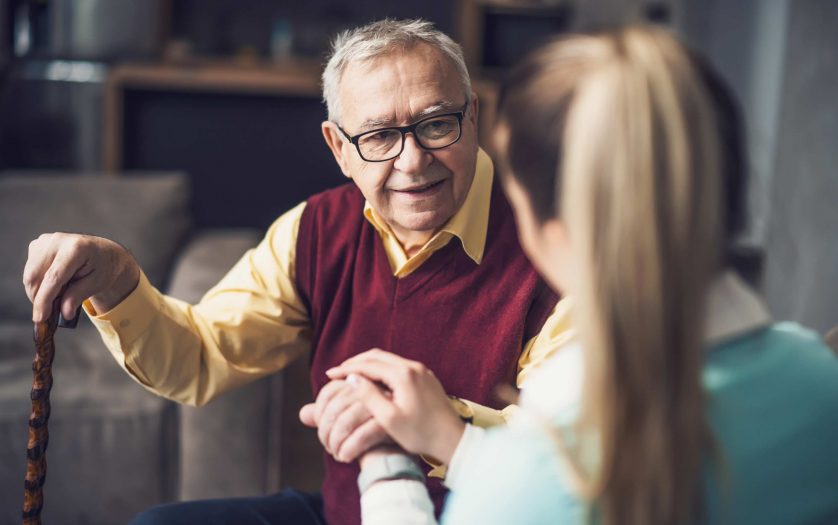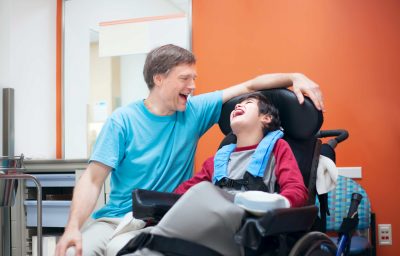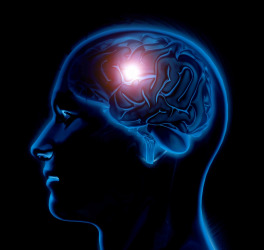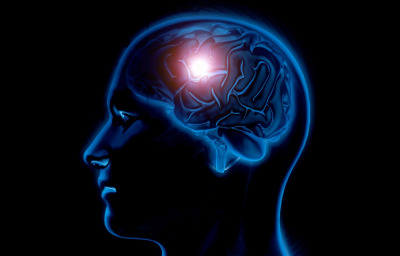
Miia Kivipelto’s interest in dementia started at a young age. When she was a teenager, her grandmother was diagnosed with Alzheimer’s disease, the most common cause of dementia. Kivipelto witnessed firsthand the devastating impacts of the neurodegenerative disease on her grandmother but also the entire family.
“Her attitude started to change, probably because she did not know what was going on, from a very calm and loving person to someone who was going around trying to find things and asking, ‘Where is that?’ ‘Who is that?’,’” said Kivipelto, who is now the Rodman Family Gerontology at Yale School of Nursing (YSN).
She would go on to research dementia, specifically ways to reduce risk. Little was known about dementia prevention when she started her career, but in the years since, a growing field of research has expanded our understanding of dementia prevention globally. Kivipelto herself was the principal investigator of the renowned Finnish Geriatric Intervention Study to Prevent Cognitive Impairment and Disability (FINGER) study — the first randomized controlled study to show that lifestyle interventions, including diet, exercise, cognitive training, social stimulation, and vascular risk management, can improve brain health and prevent cognitive decline.
Now Kivipelto is bringing that expertise to YSN’s new Center for Aging Well. As its inaugural director, she aims to make the university a global leader for research on cognitive health. The center will bring together the brightest minds in interdisciplinary research — from nursing to biology, psychology to genetics, AI to public health — to promote the prevention of disease and physical and psychological wellness across the lifespan.
The center will also work closely with organizations in New Haven and surrounding communities to bring knowledge about prevention to those living with and at risk of developing dementia and Alzheimer’s disease.
In an interview, Kivipelto explains the goals of the new center, what it means to age well today, and the difficulty of finding a cure for dementia.
The interview has been edited for length and clarity.
What are you hoping to do through the new Center for Aging Well?
Miia Kivipelto: Our vision is bold: to maximize health at every age and expand health span and make it not only achievable but inevitable. It’s not only about living longer but having a good quality of life for as long as possible. The center aims to have a leading role in scientific discovery in aging and to scale up and expand upon the research I and others have been doing.
It is never too early to start preventive actions. At the same time, it is never too late. We can always do something for better brain health.
First, by expanding the FINGER study model and analyzing the data from various countries and settings, we can develop more individualized and effective models to increase your brain and general health.
The second thing we want to focus on is implementation of research findings. There is a huge implementation gap, and it normally takes 15 to 17 years to start to use the research in clinical settings. That’s too long a time to wait, and that’s really something we can accelerate with the center.
We can also use the Center for Aging Well as a kind of testing hub — an experimental innovation lab where students, researchers, clinicians, caregivers, and industry partners can test, experiment with, and co-create the technologies and interventions shaping the future of brain health.
We also plan to develop a Yale Brain Health Clinic, a prevention-first, patient-facing facility. We need to make it easy for people to come to us when they feel that they want to know the status of their brain health.
What does it mean to age well today? What does that look like?
Kivipelto: In many societies, aging is almost taboo, and there is a lot of focus on staying young. The Center for Aging Well aims to redefine the concept of aging because aging happens throughout our whole life. We also know that 80 is the new 60 in some countries, meaning that some people who are 80 are like those who were 60 years old before — they are healthier and more vital, which is very positive.
We need to have a more holistic perspective for the aging [process]. It’s not only the number of years or number of diseases. It’s about how you feel and function and also your lived experiences and social context. We aim to expand the span of wellness which is very important in our aging societies.
You’re known globally for your research into dementia specifically. Why is it so difficult to find a cure for Alzheimer’s and other neurodegenerative diseases?
Kivipelto: First, Alzheimer’s disease and many other neurocognitive disorders are very complex and multifactorial. There is not just one cause, but many mechanisms and interactions between various risk factors and processes. For a long time, researchers hoped that there could be a single pill or medicine for curing the whole complex disease. I don’t think this is the case, and most researchers now agree that we need to have a combination of different interventions, similar to cancer care. I believe that combinations of therapies and precision prevention are the future, allowing us to provide the right intervention to the right individuals at the right time.
Second, we need to start early. When the brain damage is too advanced, it’s very difficult to repair that. It’s easier to prevent or reduce the risk if we start early — that’s why prevention is so important. The process that leads to Alzheimer’s dementia may begin 15 to 20 years before diagnosis. That is why I often say it is never too early to start preventive actions. At the same time, it is never too late. We can always do something for better brain health.
While there isn’t a cure for dementia, there are ways to reduce the risk. What can people do to delay, and even prevent, cognitive decline?
Kivipelto: We know now that around 45% of all dementia [cases] are linked to potentially modifiable lifestyle and health-related and environmental factors. There are many things we can do today, including the FINGER model [which showed that lifestyle measures in five key areas can help prevent and delay the development of cognitive decline]. It’s easy to remember because it’s like one hand and a reminder to activate all your “five fingers” every day.
First is a healthy and varied diet. Think about what you eat every day. The brain needs a wide range of nutrients and vitamins. Paying attention to adequate nutrition becomes evens more important when we get older.
Second is physical activity. That’s one of the most powerful medications. Even just 10 minutes of a physical activity can activate almost 10,000 different molecules that have positive effects on the brain and body. Small movement breaks are also important.
Third is activating your brain, or cognitive training. This is important especially for people who are retiring; that’s a sensitive stage when you lose that stimulation you get from the work. The brain likes new challenges and can be trained throughout life.
Fourth is social activities and relaxation. Being together and sharing your experiences is empowering. It’s easy to become isolated, especially after you develop cognitive problems. For this “finger,” we have also been adding stress management and sleep because these are quite big risk factors in our society. The brain needs activity, but the brain also needs some rest and relaxation.
Fifth is taking care of all cardiovascular risk factors like blood pressure, cholesterol, and diabetes. What is good for the heart is also good for the brain. That’s why having regular check-ups on cardiovascular health is very important.
Activating all “five fingers” is something powerful you can do for your brain health.








